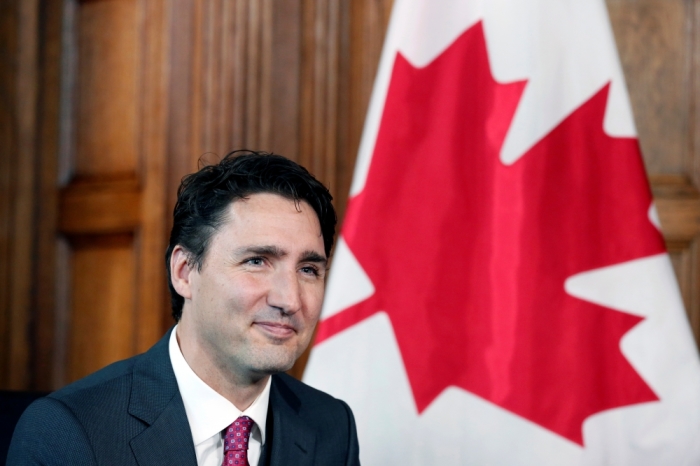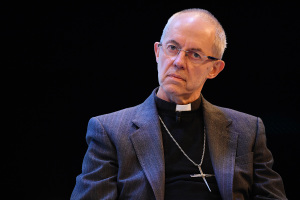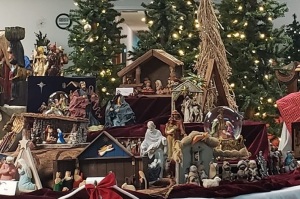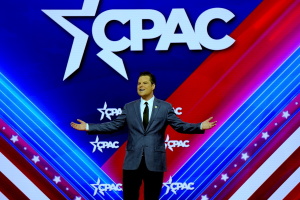Trudeau wins third term as Canada's PM, but fails to get party majority

Canadian Prime Minister Justin Trudeau is set to remain in office after he called a snap election, but his Liberal Party will not have a parliamentary majority.
According to official election results updated on Tuesday morning, Trudeau’s Liberal Party was leading in 158 Electoral Districts, or 46.8% of all districts.
The Conservative Party held 119 Electoral Districts, or 35.2% of the districts, while the Bloc Québécois held 35 Electoral Districts, or 10.1%, and the New Democratic Party held 25 Electoral Districts, or 7.4%.
Trudeau won a third term as prime minister Monday night, with the Liberal Party leader taking to his official Facebook account to thank the country for the electoral victory.
“Thank you, Canada — for casting your vote, for putting your trust in the Liberal team, for choosing a brighter future. We're going to finish the fight against COVID. And we're going to move Canada forward,” Trudeau said.
While the victory came after a 36-day campaign that cost approximately $600 million, according to the Canadian Broadcasting Corporation, little change ensued for the makeup of Canada’s House of Commons.
“As of 2:30 a.m. ET, Liberal candidates were leading or elected in 157 ridings, the exact same number of seats that party won in the 2019 contest,” the CBC reported.
“[Trudeau] launched this campaign with a sizeable lead in the polls — only to see his support crater days later as many voters expressed anger with his decision to call an election during this health crisis. Two middling debate performances by Trudeau and renewed questions about past scandals also put a Liberal victory in question.”
Elected prime minister in 2015, Trudeau called for an election on Aug. 15 to take place on Sept. 20, well before the next scheduled election in October 2023.
According to Canadian election law, a prime minister can give a formal request that the governor general dissolve Parliament, which automatically triggers a national election.
At a press conference held in Ottawa at the time, Trudeau explained that the election was meant to give his government a mandate on fighting the pandemic and organizing economic recovery.
“Canadians need to choose how we finish the fight against COVID-19 and build back better, from getting the job done on vaccines to having people’s backs all the way to and through the end of this crisis,” said Trudeau, as reported by The Washington Post last month.
“The decisions that your government makes now will define the future that your children and grandchildren grow up in.”




























